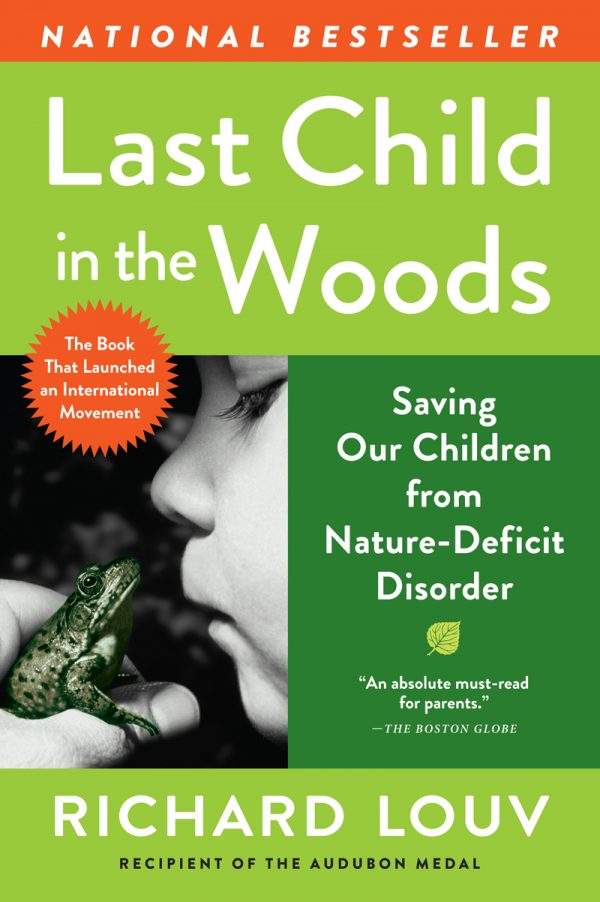Last Child in the Woods
$11.99 $3.00
This is a digital product.
Lifetime, High Quality, Printable.
The Book That Launched an International Movement An absolute must-read for parents. The Boston Globe It rivals Rachel CarsonsSilent Spring. The Cincinnati Enquirer I like to play indoors better cause thats where all the electrical outlets are, reports a fourth grader. But its not only computers, television, and video games that are keeping kids inside. Its also their parents fears of traffic, strangers, Lyme disease, and West Nile virus; their schools emphasis on more and more homework; their structured schedules; and their lack of access to natural areas. Local governments, neighborhood associations, and even organizations devoted to the outdoors are placing legal and regulatory constraints on many wild spaces, sometimes making natural play a crime. As childrens connections to nature diminish and the social, psychological, and spiritual implications become apparent, new research shows that nature can offer powerful therapy for such maladies as depression, obesity, and attention deficit disorder. Environment-based education dramatically improves standardized test scores and grade-point averages and develops skills in problem solving, critical thinking, and decision making. Anecdotal evidence strongly suggests that childhood experiences in nature stimulate creativity. In Last Child in the Woods, Louv talks with parents, children, teachers, scientists, religious leaders, child-development researchers, and environmentalists who recognize the threat and offer solutions. Louv shows us an alternative future, one in which parents help their kids experience the natural world more deeplyand find the joy of family connectedness in the process. Now includes A Field Guide with 100 Practical Actions We Can Take Discussion Points for Book Groups, Classrooms, and Communities Additional Notes by the Author New and Updated Research from the U.S. and Abroad
Additional ISBNs: 9781565126053, 156512605X, 9781565125865, 156512586X
Q & A
Ask a question
Your question will be answered by a store representative or other customers.
This site is protected by reCAPTCHA and the Google Privacy Policy and Terms of Service apply.
Thank you for the question!
Your question has been received and will be answered soon. Please do not submit the same question again.
Error
An error occurred when saving your question. Please report it to the website administrator. Additional information:
Add an answer
This site is protected by reCAPTCHA and the Google Privacy Policy and Terms of Service apply.
Thank you for the answer!
Your answer has been received and will be published soon. Please do not submit the same answer again.
Error
An error occurred when saving your answer. Please report it to the website administrator. Additional information:
File formart download: PDF or EPUB. (You will receive a download link for the file in one of two formats: PDF or EPUB.)
Enter your Email correctly. Download link is sent to your Email.
Related products
Family & Relationships
Family & Relationships
Family & Relationships
Family & Relationships
Family & Relationships
Family & Relationships
Family & Relationships
Family & Relationships
Family & Relationships
Family & Relationships















Reviews
There are no reviews yet